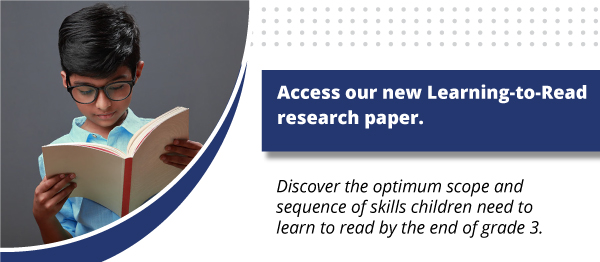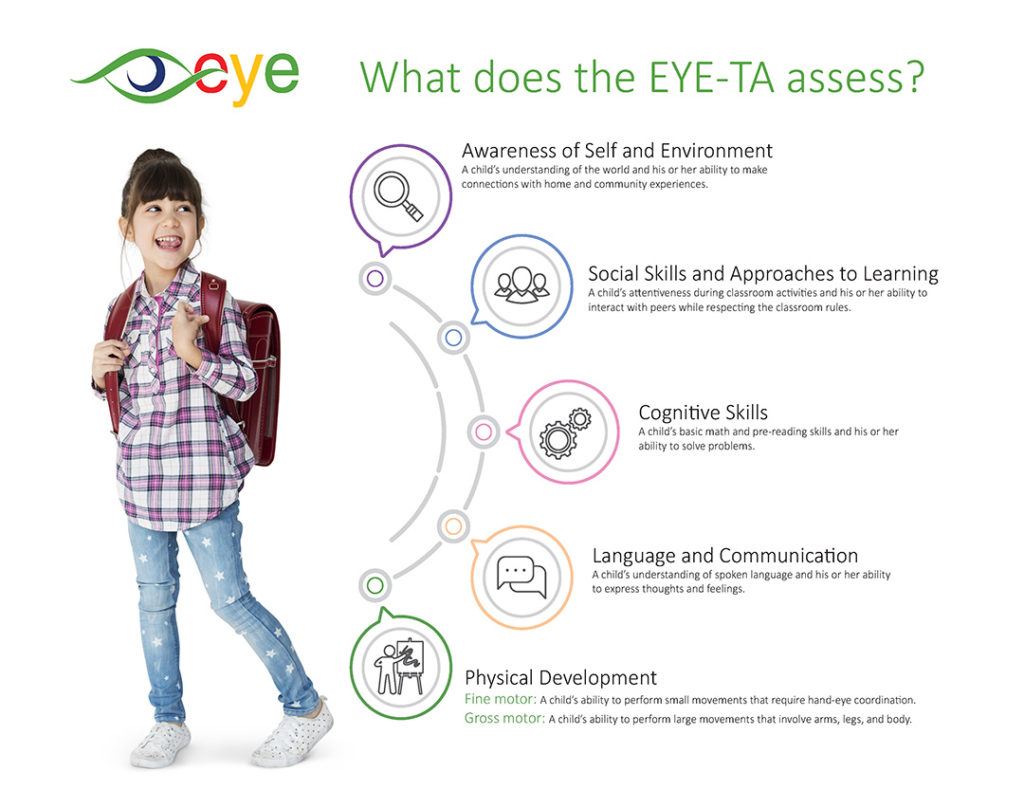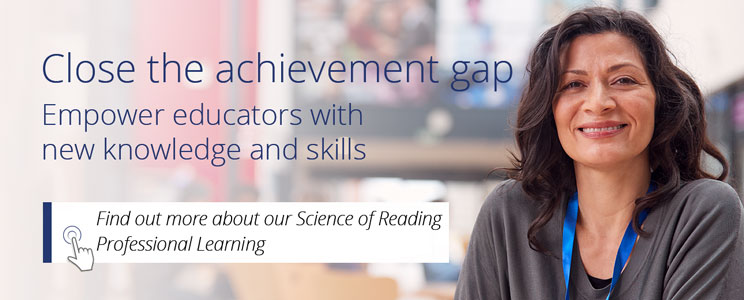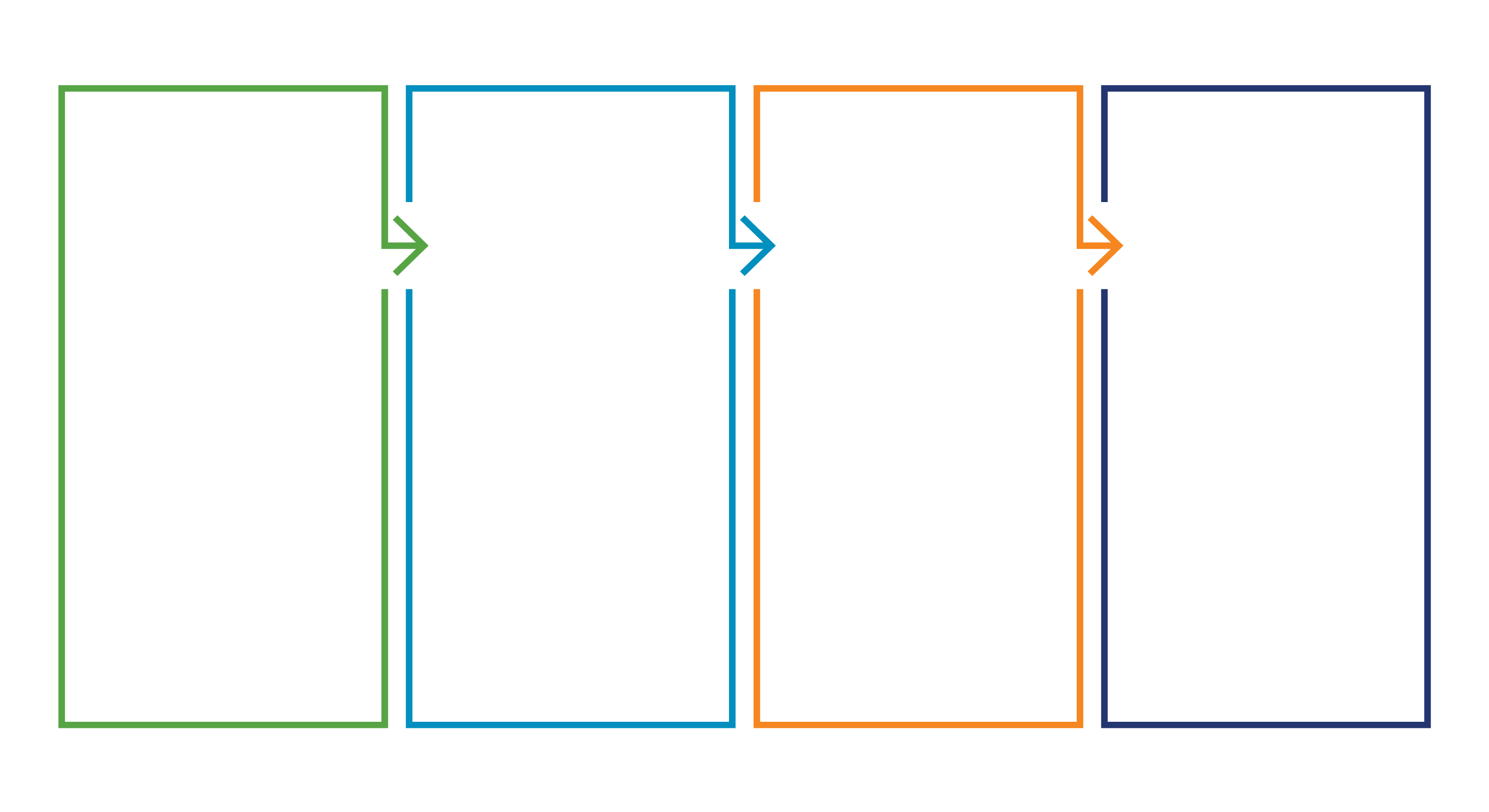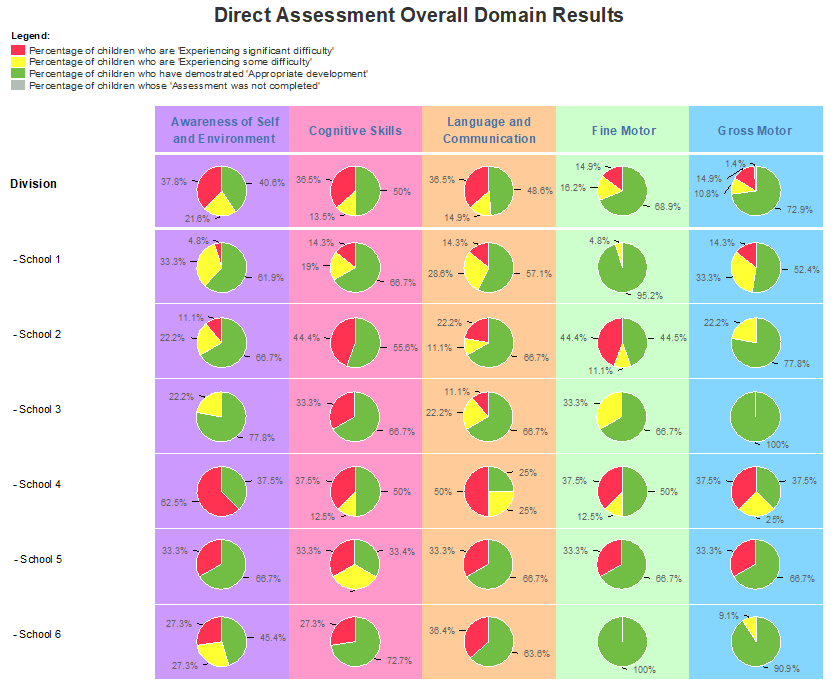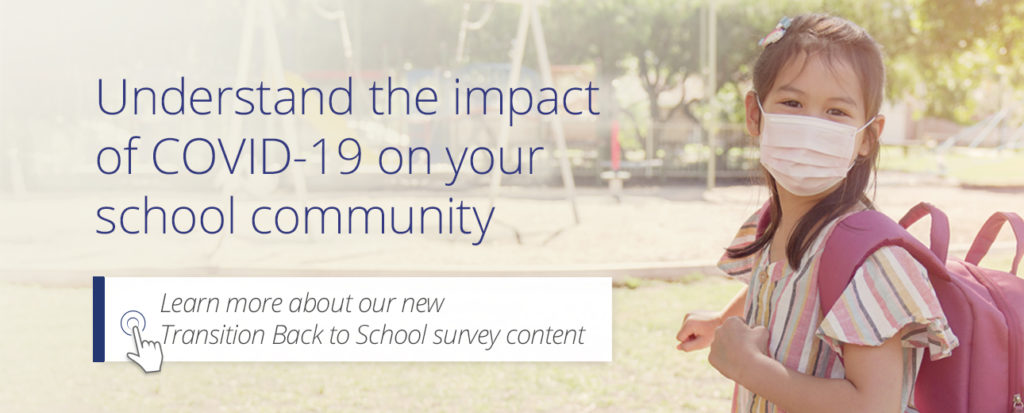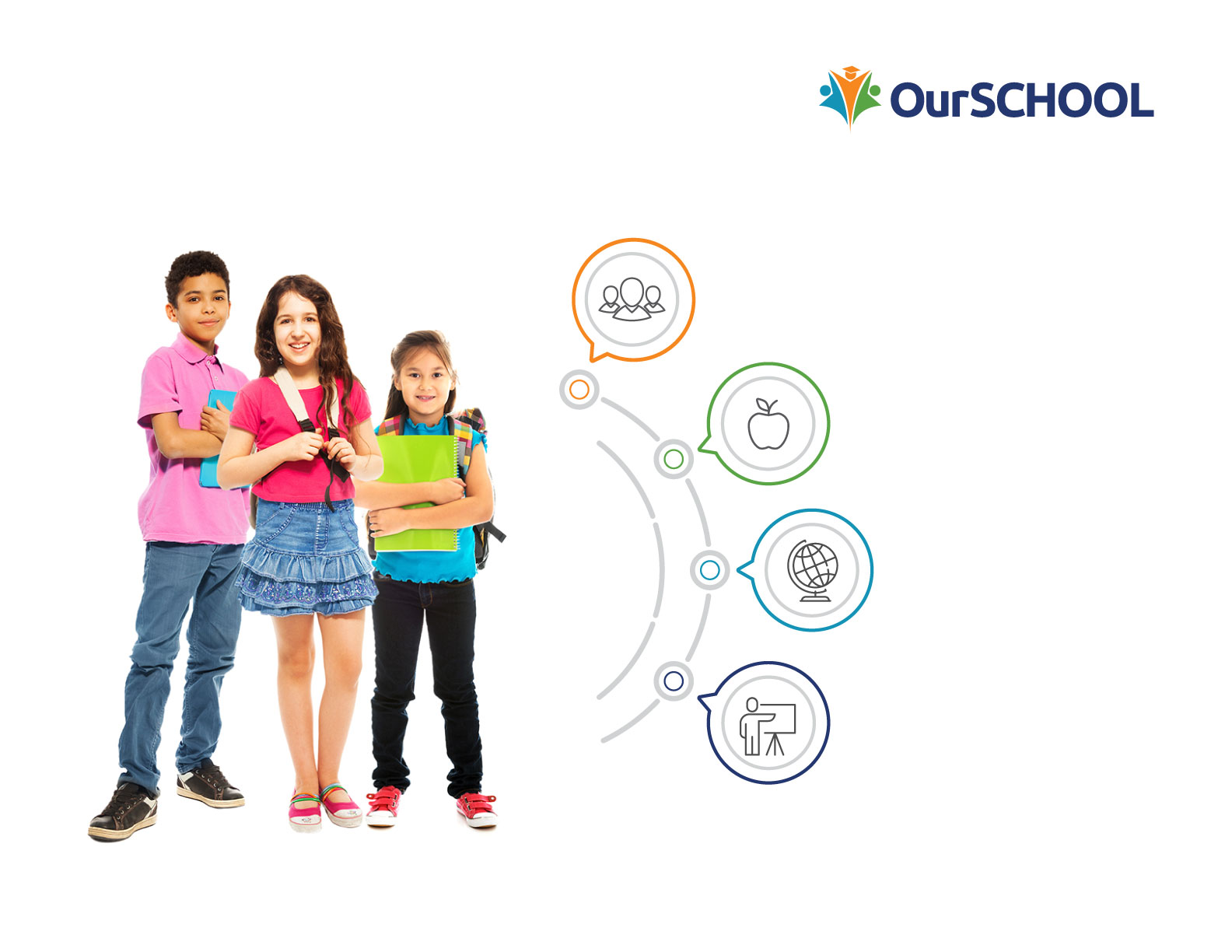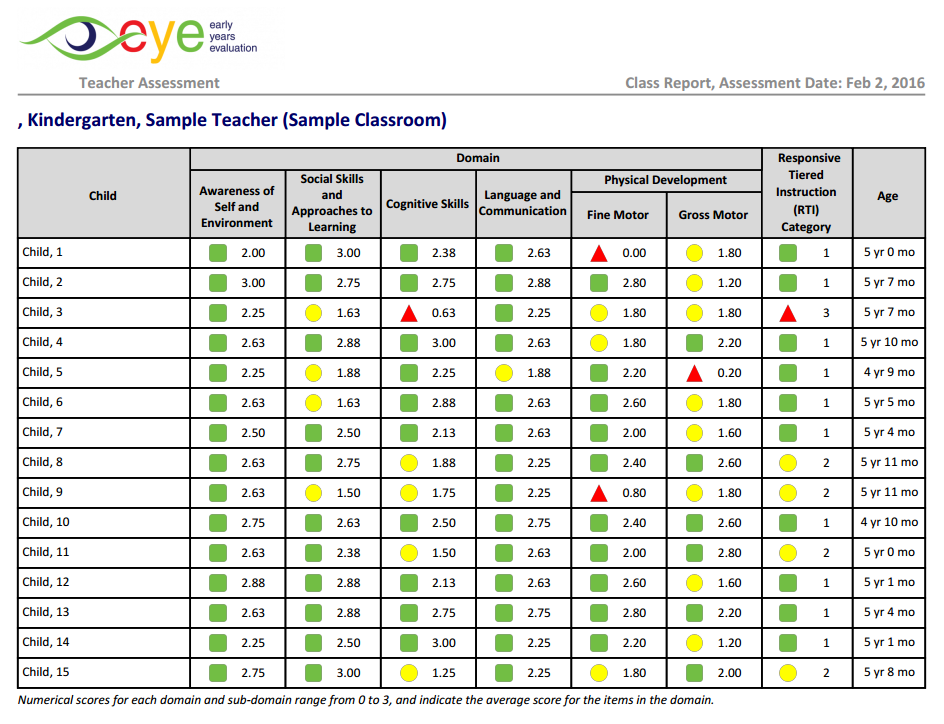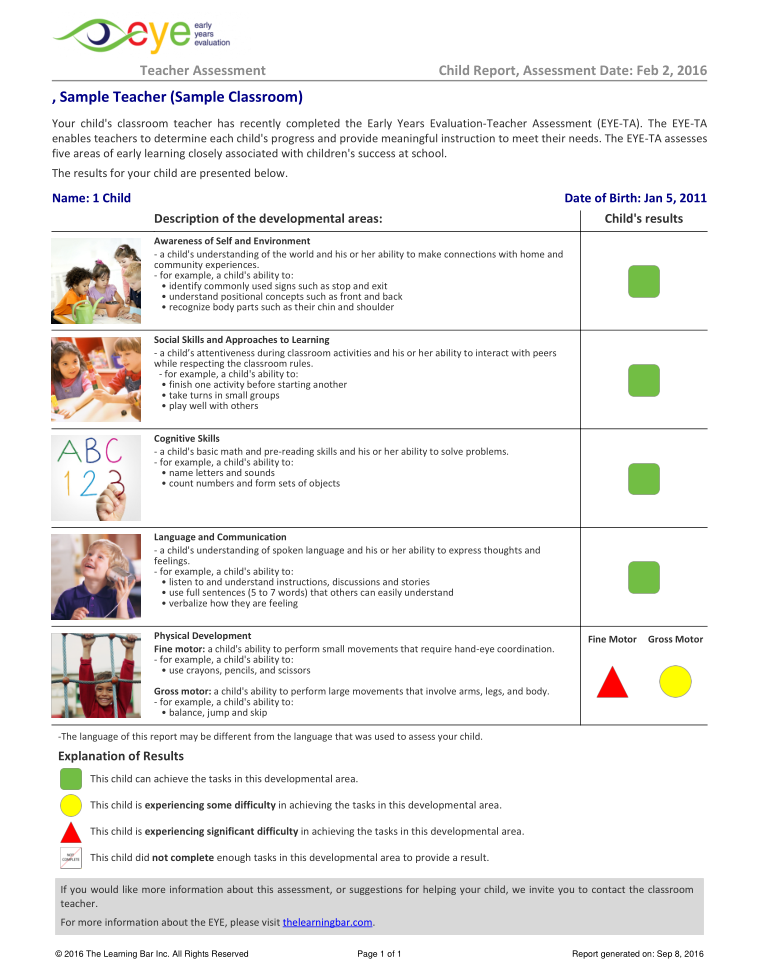
Presentation Overview
Educational Prosperity in Canadian Schools: What we have learned so far
Dr. J. Douglas Willms, President and Founder, The Learning Bar
In 2018 Dr. Willms developed ‘Educational Prosperity’, a framework focused on the evaluation, monitoring, and action that can be taken by schools and school districts to ensure all children have an opportunity to thrive. The framework embraces a life-course approach to child development that sets out a core set of metrics relevant to children’s growth, literacy development, achievement, and well-being at six stages of development. During this session, Dr. Willms will summarize some of the research findings over the past five years in using the framework in Canadian schools. He will share lessons learned and present the impact of leadership development on educator capacity, student achievement, and staff and student well-being.
Our journey towards becoming a reader
Reg Klassen, Chief Superintendent, Frontier School Division
In 2021 a partnership was formed between Frontier School Division and The Learning Bar; its goal was to support Frontier in increasing the reading achievement of children in Grades K-3 by 10%. At the end of the 2021 school year this was surpassed, with participating schools achieving 25%. Reg will be sharing their results, their challenges, lessons learned, and the steps they have taken to support the successful outcomes for students and staff.
Discovering the story behind the data
Thelma Nice, Assistant Superintendent Academic Programs and Instruction, Frontier School Division
What questions do we need to ask when looking at literacy data? What do we do when we identify unexpected results? The Frontier School Division uses Phonics Advantage Reading Assessment to inform their decision-making of the supports their students and educators need to ensure their success. Thelma is responsible for evaluating, analyzing, and actioning this data. In this presentation, she will reveal the processes and strategies Frontier is currently using when extrapolating the data to guide intervention and support a successful transition to grades 1-3.
Knowing your Impact as an Instructional Leader
Karen Power, Leadership Development Consultant, The Learning Bar
In this session, participants will explore the value of intentionally focusing time and attention on instructional leadership. The struggle is real… finding time to do everything as a division or school leader is challenging; however, leaders who create the necessary focus on instruction positively impact student learning. Learn and reflect on strategies to support the shift from management to instructional leadership as part of your personal leadership journey. Gain insight in how to create opportunities to use evidence to inform next steps as you lead school improvement.
Building data literacy across the division
Christian Michalik, Superintendent and CEO, Louis Riel School Division (LRSD)
Join Christian as he shares details of the LRSD data strategy and literacy work. Hear the successes the division has achieved and its impact on well-being and well-becoming. Christian will show how, at the heart of LRSD’s data literacy initiative is a desire to identify and respond to needs more effectively by using data wisely when developing and implementing research-informed teaching practice, learning theory, and programming.
Using early years data to align instruction, intervention and resource allocation to best meet the needs of our students
Pamela Garnham, Assistant Superintendent, Portage la Prairie School Division
The Portage la Prairie School Division adopted the Early Years Evaluation Teacher Assessment (EYE-TA) in 2021. Since its implementation, it has become an integral part of the school planning process. During this session, Pamela will discuss its successful implementation throughout the division and the evolution of data use. She will share strategies for how the data is used system-wide to effectively allocate resources, to clearly identify the individual needs of students, and to improve communication with caregivers through transparent reporting. The power of the data is evident and the next steps are clear for the actioning of data in 2023-2024.


